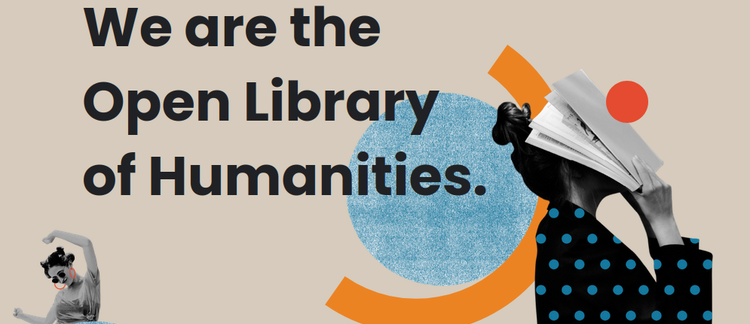The OLH’s Reception in New Zealand
Posted by Martin Paul Eve on 12 April 2013



Independent journalist and academic researcher Mark P. Williams has recently written an article examining the Open Library of Humanities for the New Zealand independent news website Scoop Independent News. Outlining the recent history of open access in scholarly journals publishing, and the current "serials crisis" that faces academic research, Williams discusses what George Monbiot has called a "knowledge monopoly" of scholarly publishing.
Williams also positions the OLH within the intellectual and legal tradition of the commons (he refers here to Michael Hardt and Antonio Negri's recent publication Commonwealth), arguing that open access to knowledge is "one more way of affirming the idea of a common good or a measurable benefit of shared public knowledge." These principles of common good and public knowledge, he writes, offers exciting potential for extending the public benefits of open access. As he writes:
The concept of an Open Library of Humanities follows on from the principles of common good and public knowledge; it asserts that publically-funded research should be free to access for the user and open to all to view, search and examine.
From this perspective, knowledge is made as a common social resource because it has been produced within, and will be preserved by, institutions which are maintained as investments in the future of society by the public. In that sense, a 'Gold' open access repository for Humanities scholarship is a natural complement to Gold OA journals in the Sciences, which, as a network, benefit not only every Higher Education institution but the general public which supports all those institutions.
What the OLH aims to do is produce an economically sustainable model for maintaining a thoroughly supported and internationally recognised database of current scholarship based on an equitable system of fees. The OLH proposes to set an article processing charge (APC); being run by academics, the OLH has clearly established that they will waive fees to those unable to pay or independent researchers not supported by such institutions. The APC is based on the model used by the Public Library of Science (PLOS), which itself is a response to the pressures caused by limiting access to scientific knowledge and increasing the costs of subscriptions to academic publications.
You can read the article in full on the Scoop Independent News site.
Image by Stephen Murphy under a CC BY-NC-ND license.

